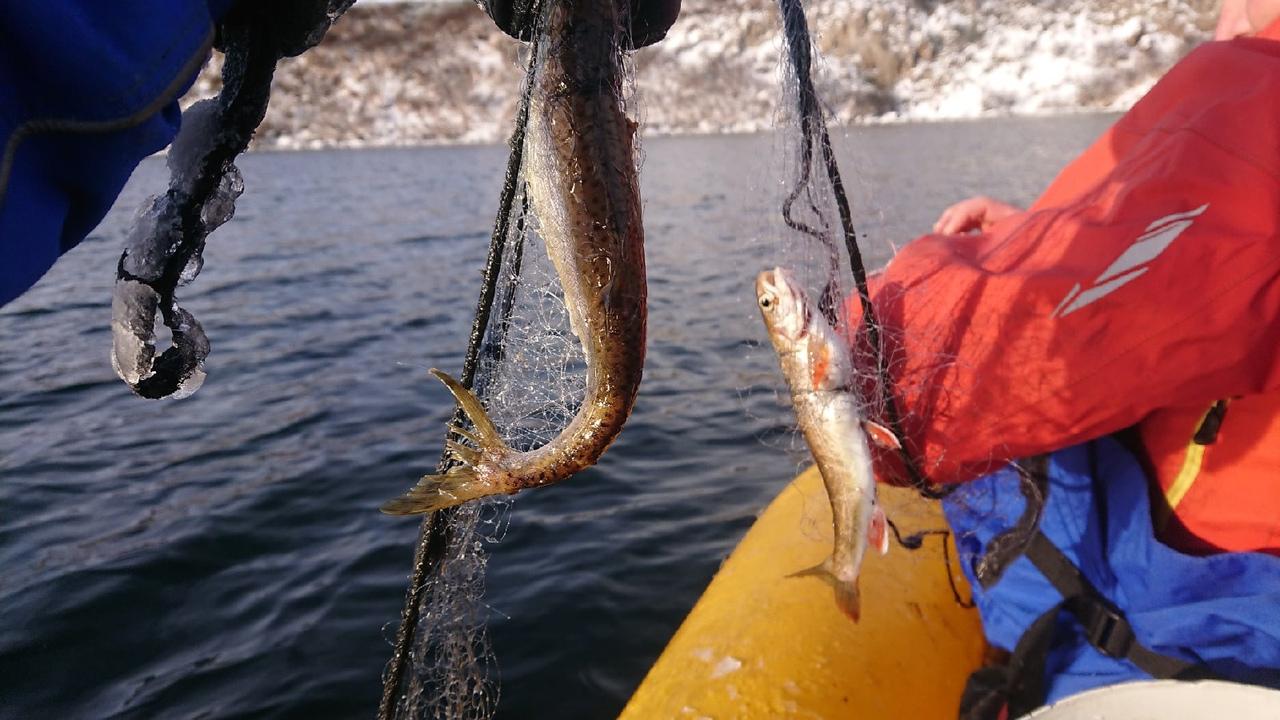
Established in 2022, the Evolutionary Trophology Laboratory specializes in the study of feeding habits, digestion and parasites of fish, amphibians and reptiles living in various natural conditions from the Arctic to the tropics. The work of the laboratory became possible thanks to the Megagrant within the framework of the competition "State support for scientific research conducted under the guidance of leading scientists in Russian educational institutions of higher education, scientific institutions and state research centers of the Russian Federation" (9th stage). The laboratory is headed by the leading international scientist Enric Gisbert Casas, Spain. In addition to him, the laboratory includes, along with students, graduate students and support staff, the leading Russian experts in the field of metagenomic studies of the digestive system and ecology of vertebrates.
To date, the laboratory is equipped with a set of equipment for the genetic sector of work. The equipment allows solving a wide range of tasks from routine processes of DNA and RNA isolation, purification and amplification to the creation of genetic libraries for subsequent whole genome sequencing. The laboratory is also equipped with equipment for the quantitative determination of PCR products.
The laboratory staff organized ten expeditions: to the Baunt system of lakes (Republic of Buryatia), Lake Teletskoye (Republic of Altai), Lake Kronotskoye (Kamchatka Peninsula), to Armenia, and to the Zvenigorod Biological Station (Moscow Region). During the expeditions, the staff collected material to determine the features of the functioning of the digestive tract and the degree of infection of fish with various groups of helminths (cestodes, trematodes, nematodes, and acanthocephalans). In addition, new specialized forms of chars were found in the basin of Lake Kronotskoye and the Kamchatka River. As a result of the expeditions, it
was possible to collect and successfully deliver to the laboratory for experimental work the fertilized eggs of sympatric forms of whitefish from the lake Teletskoye and chars from the lake Kronotsky.
In addition to working in aquatic ecosystems, laboratory staff began research on the trophic interaction of reptiles and amphibians occupying similar ecological niches. In Armenia, materials were collected to study the trophic interactions of parthenogenetic and hermaphroditic species of rock lizards; in Zvenigorod, primary materials were selected for the reconstruction of the mechanisms of functioning of the digestive system in amphibians during the transition from the aquatic environment to the terrestrial one.
In the course of the work under the grant, seminars and practical exercises were held for young employees of the laboratory, which allowed them to independently use the created instrument base. During the first year of research, the working group published one article each in the journals of the first and second quartiles of the Web of Science database, and 5 more articles are currently under review.
Next year, the laboratory staff plans to complete the organization of the chemical laboratory, process the data obtained in the first year of the laboratory's operation, and conduct several expeditions to collect field material to the subarctic regions of our country and to the tropics in Vietnam.
